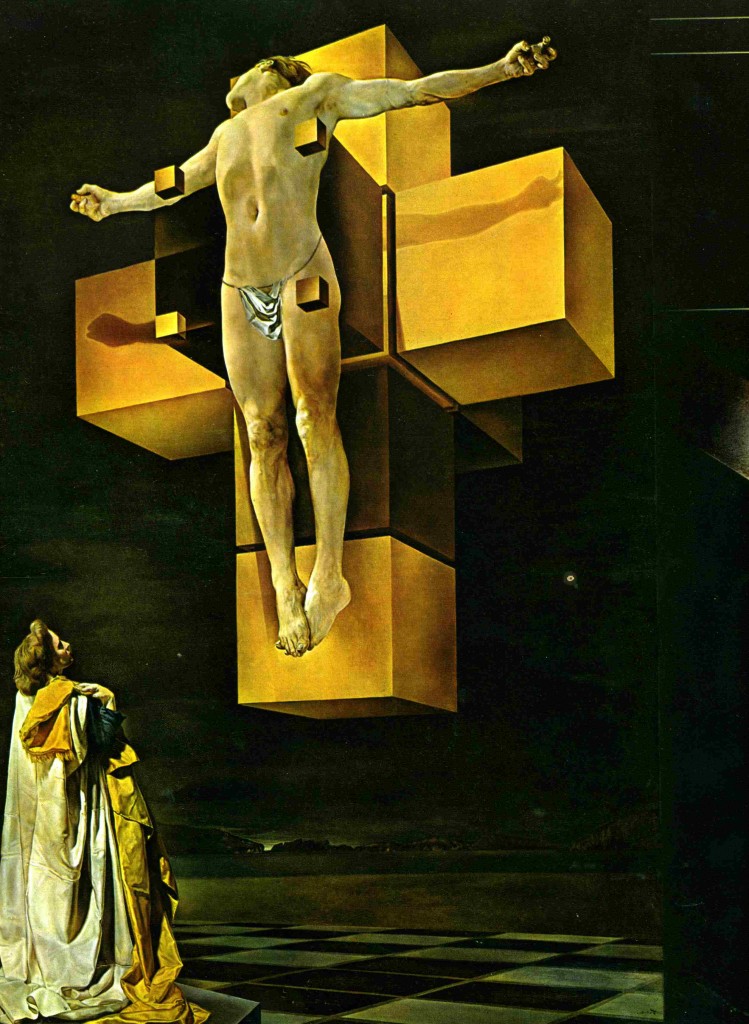Aided by superb soloists, Christophers, H&H soar with “Messiah”
Performances of Handel’s Messiah have been a Handel and Haydn Society tradition for 162 years, and to open the holiday season Friday night at Symphony Hall, Harry Christophers led H&H in yet another performance of the beloved work.
Handel’s most famous oratorio is a piece that not only never tires the ear, but seems to grow more mysterious with each repeated hearing, especially when performed in a convincing manner.
That is especially true when Harry Christophers is in charge. Past performances have beamed from pristine singing of the H&H chorus, fleet tempos that deliver music of soaring vitality, and a sensitivity to the musical line that plumbs the poetic depths of the text.
Friday’s performance was sparkling in its delivery and thoroughly dramatic in its effect. Many conductors can lead with a fine sense of the musical line, but there may be no conductor who has a better sense for this piece than Christophers.
Leading with waving gestures, Christophers coaxed a radiant blend from the chorus, the singers responding with diction of spring-water clarity down to each percussive “t”. The lines of “He shall purify” were spun into a thick wall of sound, and the famous “For unto us a child is born” moved with a light, dance-like feel.
Christophers’ take on the first of the oratorio’s three parts was quick and light on its feet, as if to capture the excitability of Christ’s birth. The third part resonated with a prayerful resolve, and the fugal lines of the concluding Amen were molded into soft, silky phrases.
Part two was especially dramatic, with Christophers leading a performance of fiery power in the choruses and arias. “You are responsible for Christ’s suffering too,” the music almost seemed to say.
The most glorious of the movements was the “Hallelujah” chorus, which Christophers shaped with dramatic fortes and pianissimos. Trumpeters Jesse Levine and Paul Perfetti joined timpanist Jonathan Hess in layering powerful calls to give the music a raw energy.
H&H has hosted a starry lineup of guest soloists in the past, and Friday’s performance featured such performers, most of whom have appeared in past Messiahs.
James Gilchrist’s smooth-toned tenor brought soft radiance to “Comfort ye, my people” with the wandering lines of the ensuing “Ev’ry valley” put across with vibrancy. He provided power when called upon, singing “Thou shalt break them” with the conviction of a country preacher’s Sunday sermon.
Christopher Purves’ baritone was bell-toned and his phrasing was spacious in “Thus saith the Lord.” He was also capable of mining the darkness from Handel’s writing, and his singing of “The people that walked in darkness” was mysterious. He was full-voiced and powerful in ” The trumpet shall sound,” with Jesse Levine supplying triumphant obbligato accompaniment.
Soprano Sophie Bevan cast an angelic presence in sight and sound in her recitatives and arias. Her handling of the melismas in “Rejoice greatly” was mesmerizing, especially in Christopher’s fleet tempo. The slow section, “He shall speak peace,” was delicate, the phrases taking on the dramatic arc of an operatic aria. “I know that my redeemer liveth,” sounded with soft elegance.
Bevan’s duet with contralto Emily Marvosh in “He shall feed His flock” was especially heavenly.
It was a particular delight to see and hear Marvosh as one of the soloists. Noted for her dark, caramel voice, Marvosh is one of the finest singers in Boston, performing regularly with the H&H chorus and the Lorelei Ensemble, among others.
Her singing of Handel’s music is idiomatic and confident. The singer brought dramatic intensity to “But who may abide,” and found the fiery power to “For he is like a refiner’s fire.” In part two, her performance took on a more palpable drama and she captured the poignant sorrow of “He was despised.”
The H&H period instrument orchestra supplied colorful accompaniment and added the fire power to Handel’s music where necessary. The instrumental passages in “He was despised” roiled just beneath the surface, while the Pifa had a rustic charm.
The Messiah will be repeated 3 p.m. Saturday and Sunday at Symphony Hall. handelandhaydn.org
Posted in Performances




